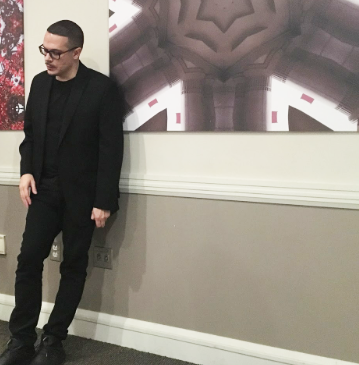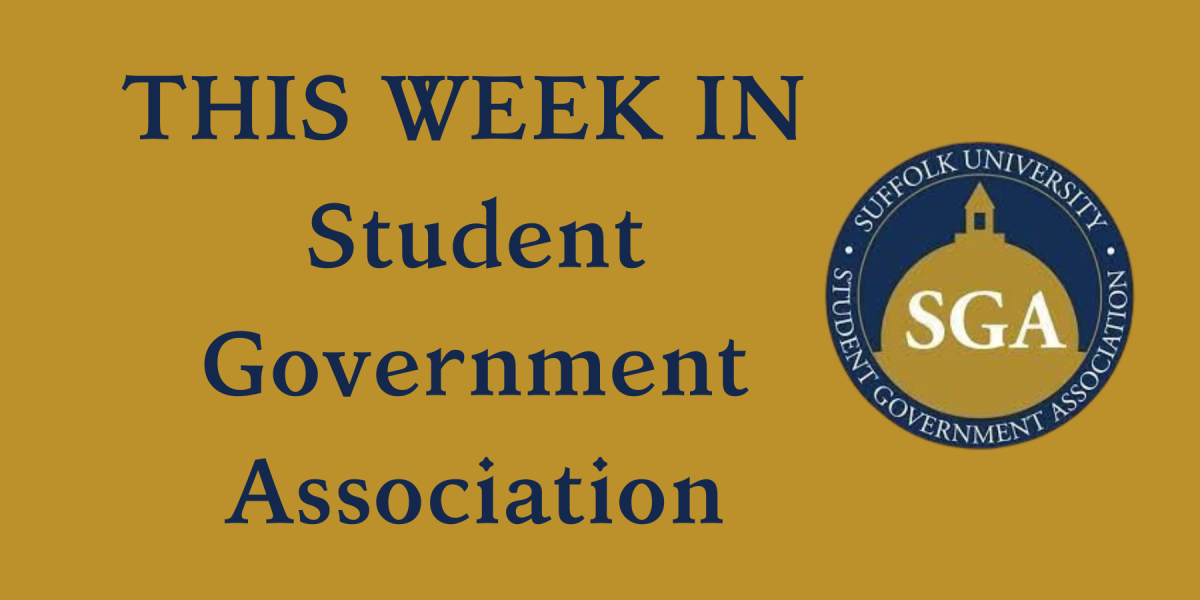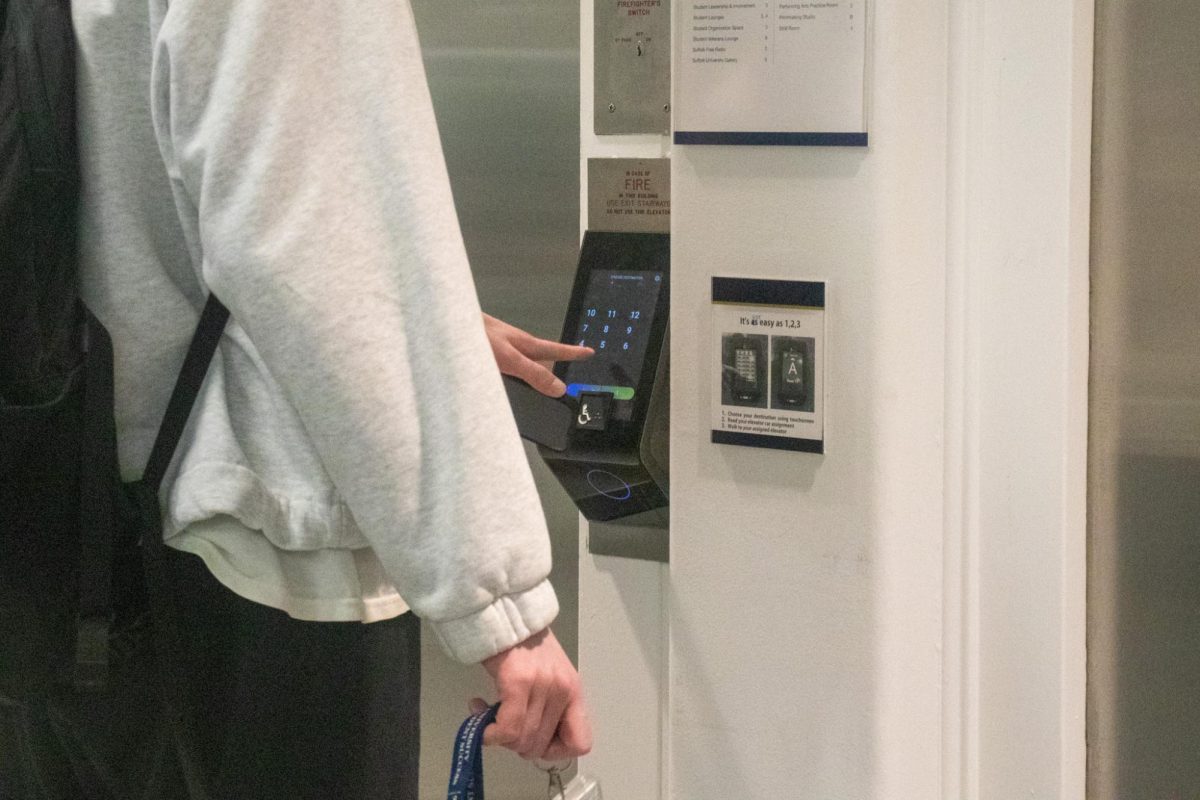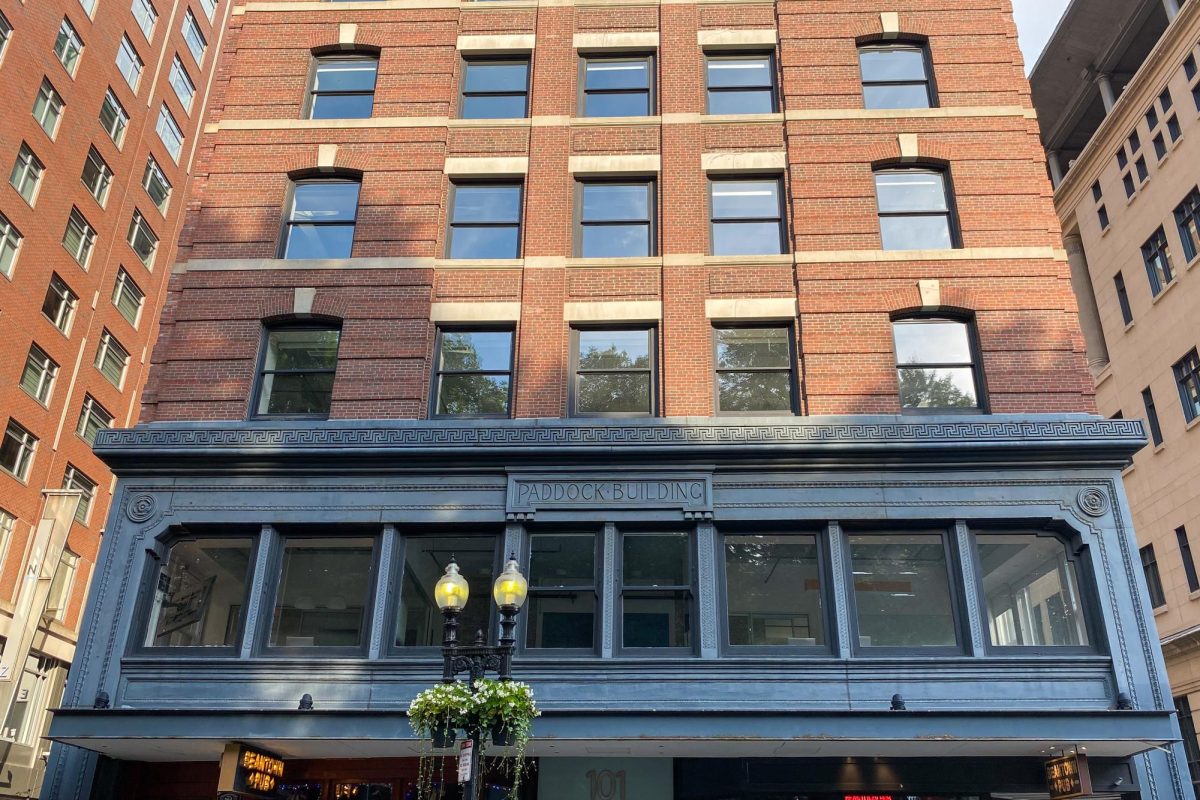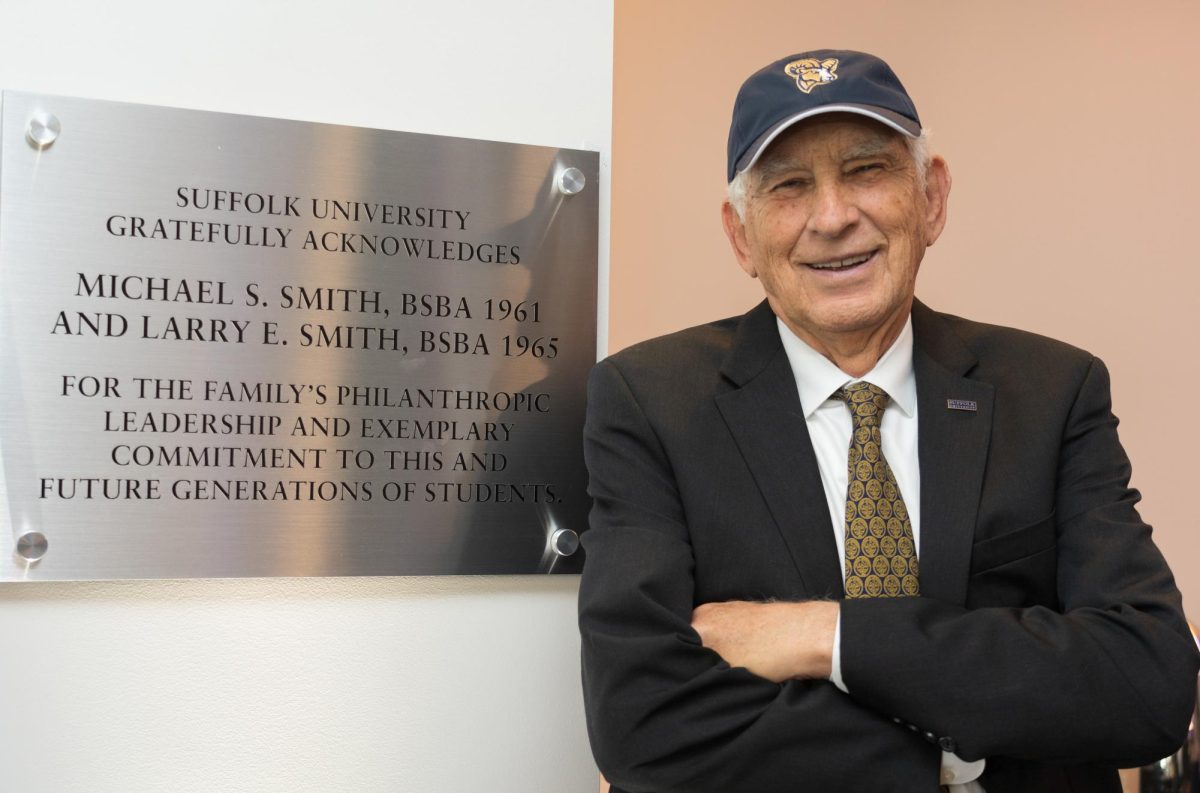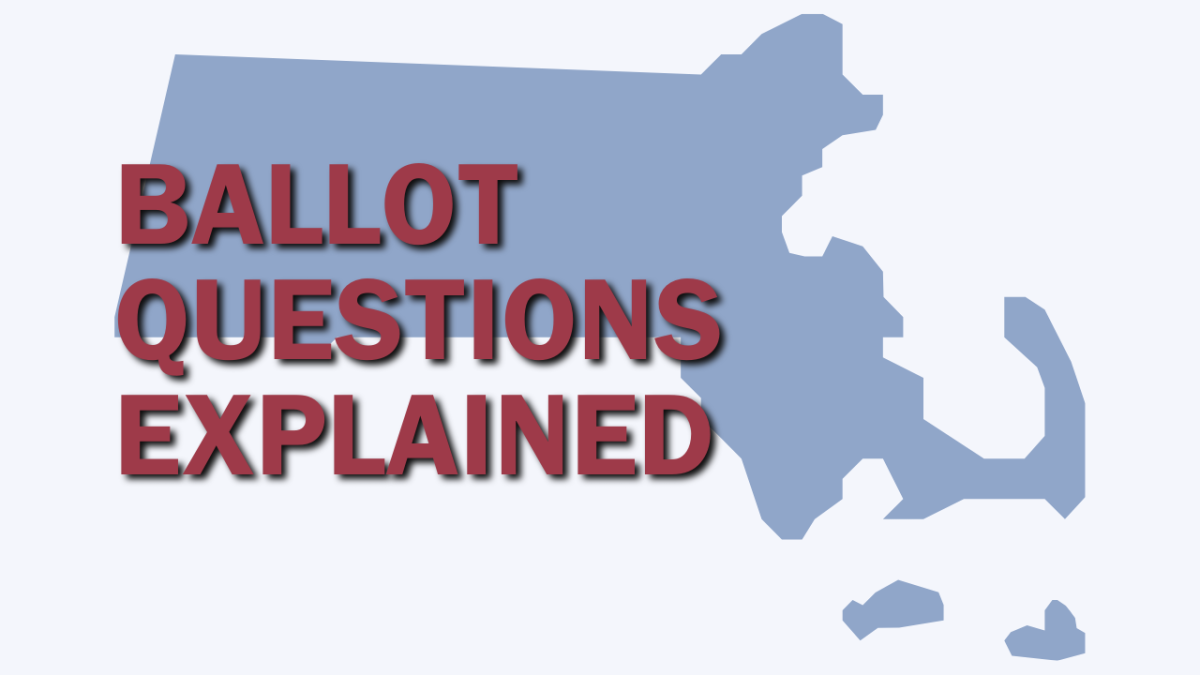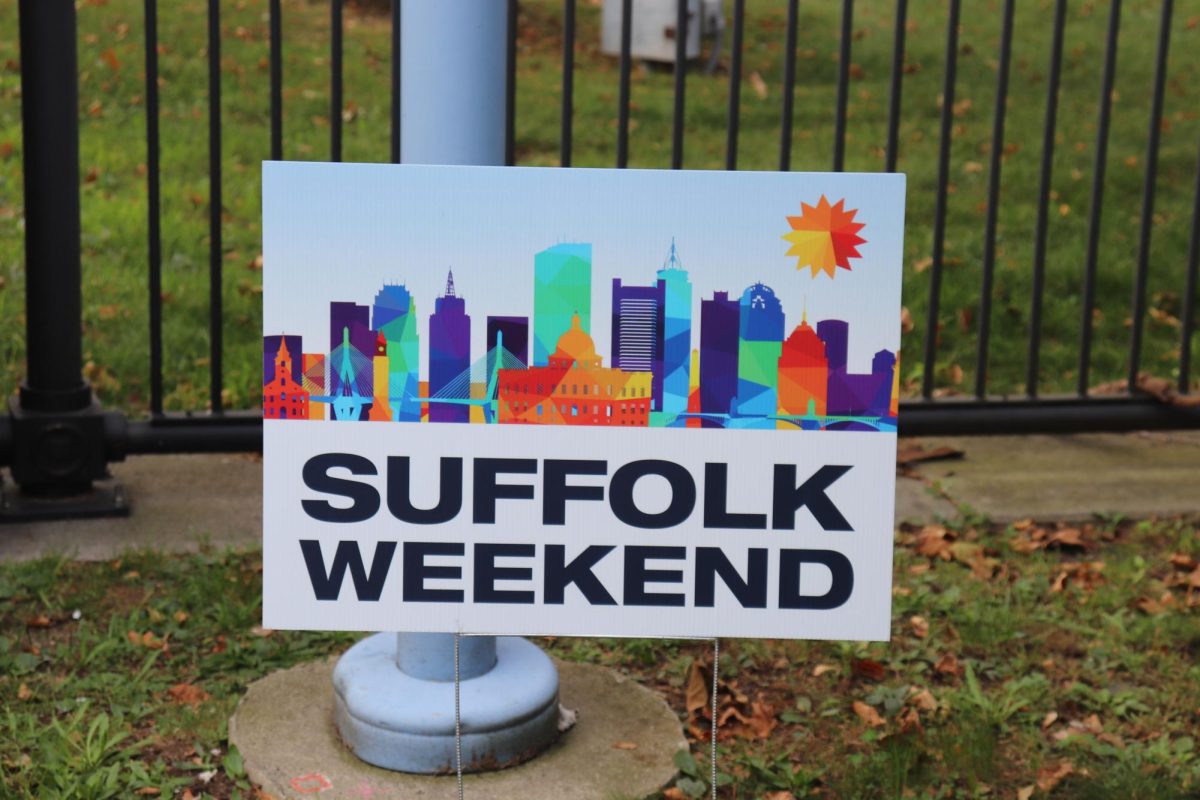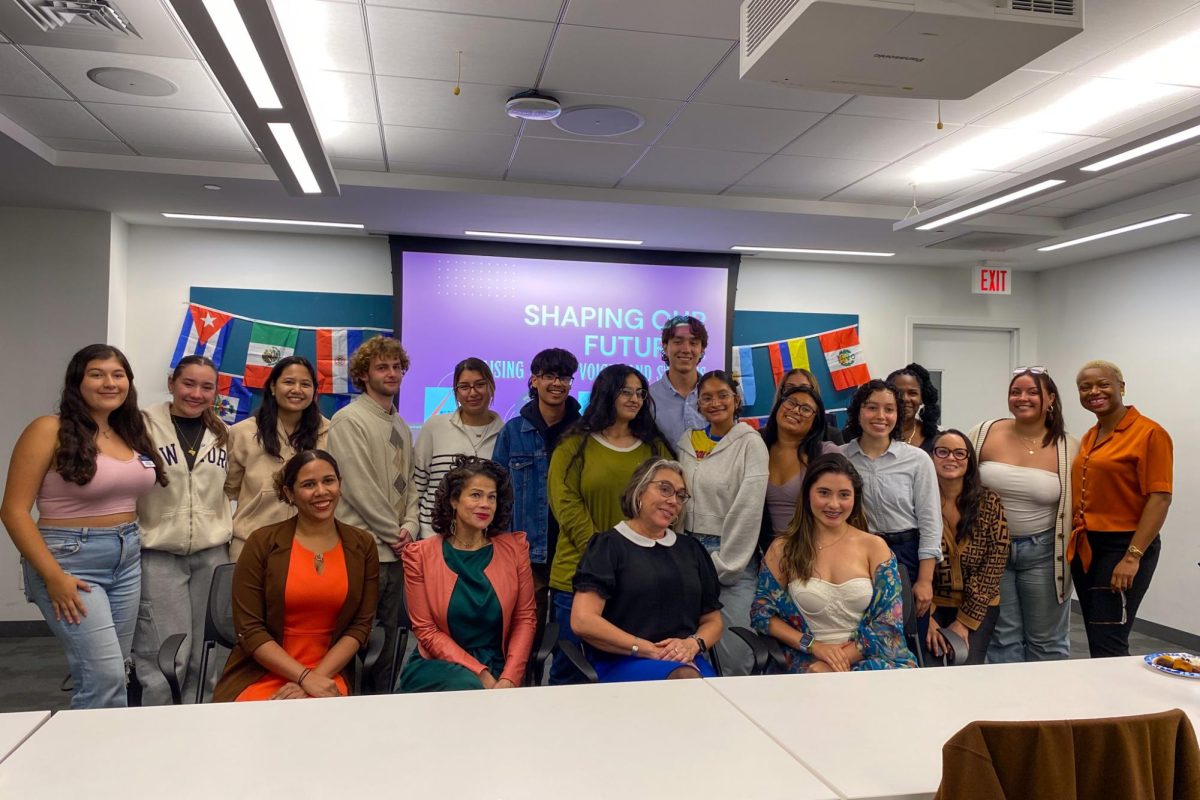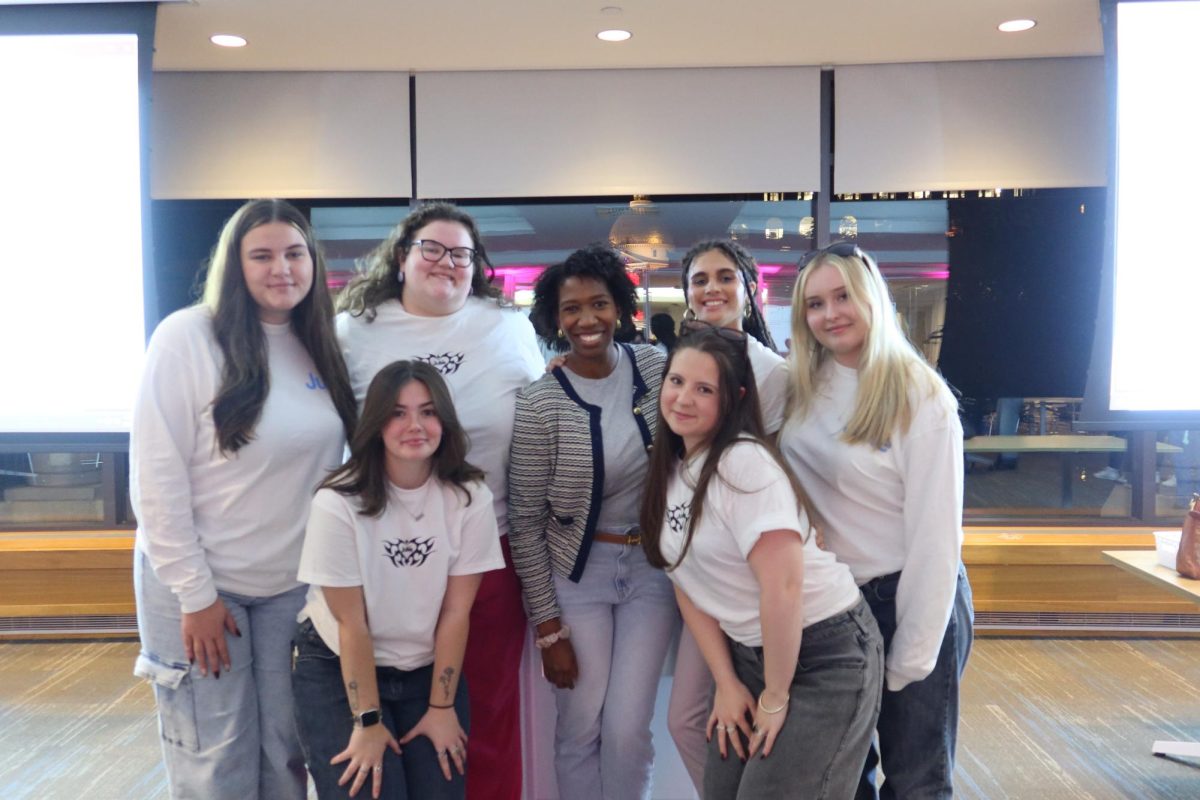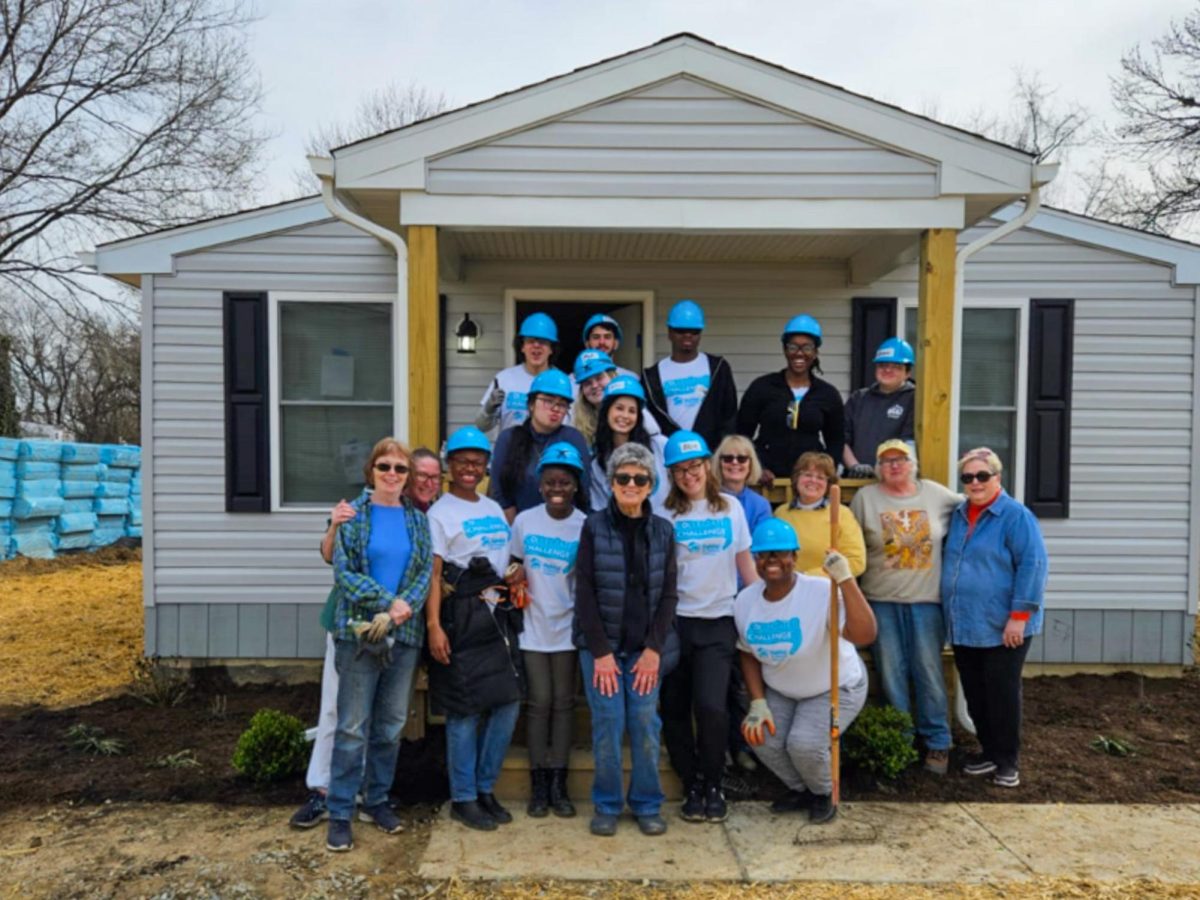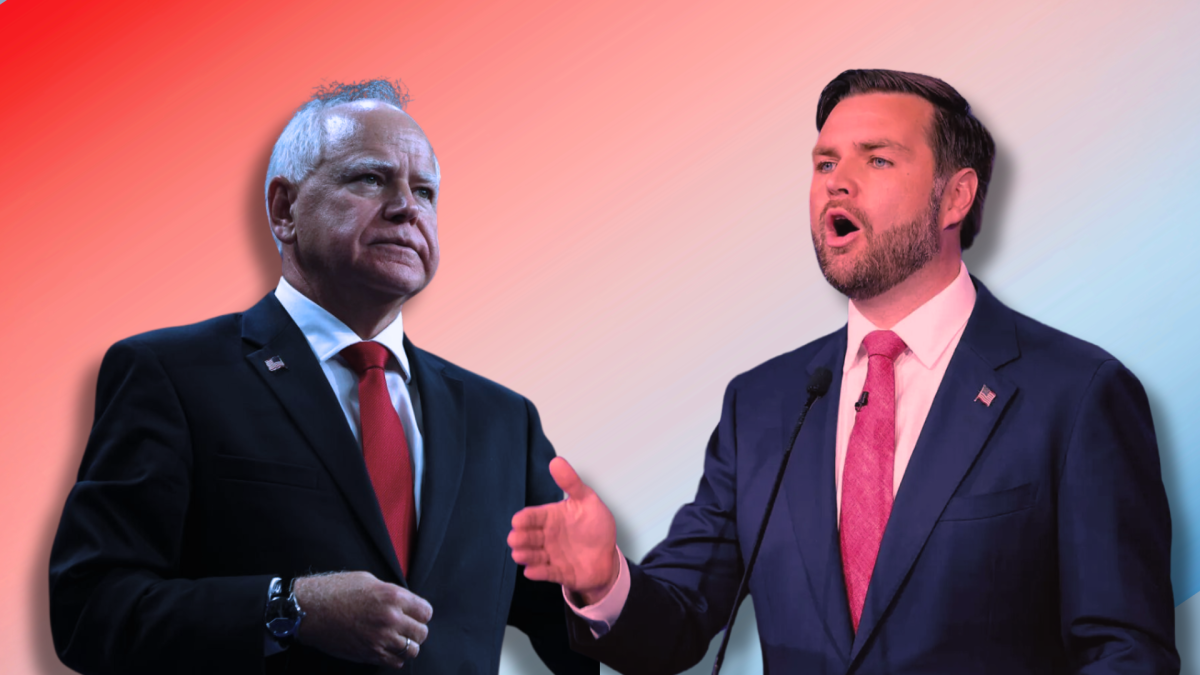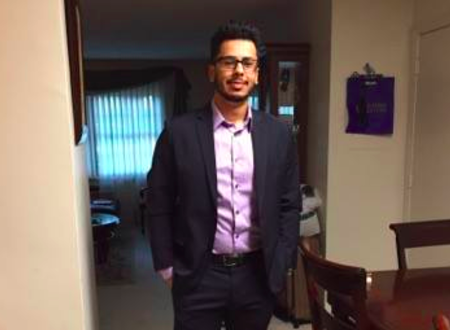On Wednesday, as part of Black Her/History month, keynote speaker Shaun King took the opportunity to share with the audience stories of his life as an advocate as well as the injustices he fights against.
King spoke about the moments in his life that have made him into the person that he is today. His role as an activist began at Morehouse College, participating in protests against police brutality. King also addressed the protests that occurred in Boston in reaction to executive orders signed by President Trump.
“I don’t think you need inspiration that much. I think we’re all inspired. When I saw the pictures of the Women’s March in Boston it shocked me, because it was enormous, it was massive,” said King during the event. “When I saw the protests at Logan Airport, it taught me a lot. It taught me about the heart of people in Boston, and showed me that people here are sufficiently frustrated, irritated, but all that gets to inspiration as well.”
After receiving his degree, King worked as a high school history and civics teacher. Later, he worked for many charities based in Georgia. One charity allowed him to visit prisons and detention centers, offering counseling to prisoners. It was during his time counseling teenagers, who committed petty crimes that harmed no one, that King developed a deeply rooted passion to fight injustices that he saw in America.
These experiences built King a reputation and following that established him as an influential figure in the world of social justice advocacy. Currently, King is the senior justice writer at the New York Daily News, a regular political commentator for the Young Turks and vocal supporter of the Black Lives Matter movement. Co-sponsored by the Office of Diversity Services, Black Student Union, Office of Student Leadership and Involvement, Sociology Department and the Center for Women’s Health & Human Rights, he shared with the audience his thoughts on how he measures his actions.
“I’ve asked myself these questions over the ark of my life, ‘where would I be in the 50s and 60s? who would I be?’” said King. “I realize that I don’t even have to ask myself that question. We are in that moment right now. So the measure of what you would do in the Civil Rights Movement is what did you do yesterday? What are you doing tomorrow?”
When the death of Eric Garner at the hands of a police officer was brought to his attention, King felt the need to speak out. Since then, hundreds of incidents involving the police and people of color have been brought to the public eye. He has repeatedly spoken out against police brutality and has been quick to respond to the violent acts that occurred in Ferguson, Mo. and Charleston, S.C., as well as many other cities. Throughout his work, King said that many have expressed a sentiment that gave the impression that America is going back in time.
“Well, what they were really saying was ‘I thought humanity was steadily getting better, but I’m stumped because if humanity is steadily getting better, then why does it feel like we are going back in time?’ We thought that we were better than we really are,” King said. “When people ask ‘is this the sixties,’ I say, ‘no it is 2017 and it sucks.’”
King elaborated his stance on state and federal prison systems and how they are targeted toward people of color. He discussed laws that were created after the Civil Rights Movement and the Civil Rights Act to mass incarcerate people from predominantly black neighborhoods.
“When people say our justice system is broken, I say, ‘No, it functions the way it was designed.’ Some things can’t be done by accident,” said King. “We currently have more citizens incarcerated than any country in the world right now.”
This, along with police brutality and the republican controlled Congress and Executive Office, are leaving many people feeling powerless. King countered this idea, saying that people are motivated enough already; it is the lack of a strategy that prevents anything from being done. He said that power resides in cities where the citizens hold the people in charge accountable.
“Where else do we have power? Colleges,”said King, listing the various ways marginalized communities that gain power within universities. “We are asking college police departments to make progressive changes because most police officers on college campuses used to work for local departments or will one day work for one, and we believe that when those officers see a better way of doing things it will also affect police departments.”
King spoke of how important it is for every citizen to use the power invested in them to do right by one another, and to use that power with an awareness of how their environment can be used in their favor. He made clear that the education system is a strategic way to take on power struggles.
In an interview with The Suffolk Journal following the event, King spoke of how the education system is only beginning to teach children character education.
“You can’t be partisan in schools, but you can teach kids about their civic responsibilities, what it means to be a fully committed citizen,” said King. “We are doing it in a way that doesn’t empower kids. Having them memorize the amendments doesn’t teach them how to be good citizens. We have to look at the outcomes and work from there. How do we produce an outcome that provides humane conversations?”
If anything has been made clear by King, it is that America needs to establish systems that unite the people rather than divide. To change these systems, the people need to start understanding the other side and organize to prevent injustices from occurring.


